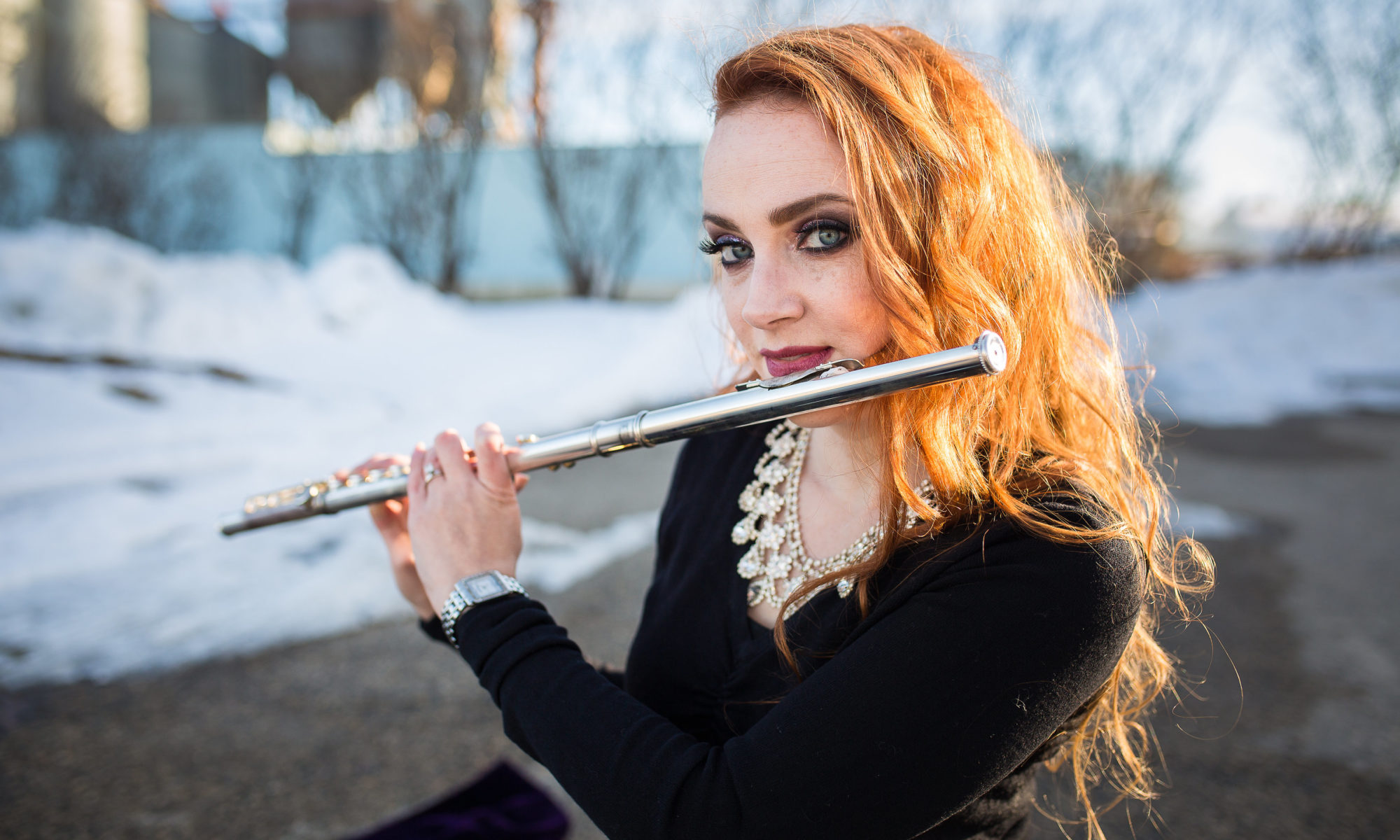So many students ask me about proper concert etiquette. If you’ve never been to a classical concert before, I can understand your anxiety. Probably you’ve been to a popular music concert, so let’s start there. What’s the appropriate dress for a popular music concert? It depends. You probably wouldn’t wear cowboy boots to a Green Day concert. On the other hand, guys probably won’t wear eyeliner and a Marilyn Manson t-shirt to a George Strait concert. These are typical concert conventions, and I think we can all accept them as generally true. Let’s apply these same ideas to a classical music concert.
Say your professor has given you an assignment to write a paper about a classical concert, and you’ve never been to this type of concert before. Or maybe you have, but it’s been a while. Before you open your closet, consider a few things. If you’re attending a concert sponsored by your college, you’re probabaly appropriately dressed right now. Since these concerts are held on campus, they tend to be somewhat more relaxed than you might imagine. I wouldn’t recommend wearing sweat pants, but if you’re wearing jeans, you’ll be in good company.
For a more formal concert, which might include an orchestra concert, you’ll probably need to pay a little more attention to your attire. Even here, you’ll witness a fairly wide variety of dress. A Sunday afternoon orchestra concert will most likely be full of people in business casual. A few might wear jeans, but they will be in the minority. The opening night concert of the season is the most formal night of the year; on this occasion, there will be people dressed formally, but it isn’t required.
If you decide to attend an opera production, the attire is much like that for an orchestra concert. The opening night is the most formal in terms of dress, and there will be people in tuxedos and cocktail dresses. However, you’re free to wear whatever you’re most comfortable in.
One more point to consider — most likely, the performers will be dressed more formally than you will be. Even if you attend an informal concert on campus, the musicians will be wearing tuxedos, black dresses, or formal gowns. Please don’t assume that, because they’re dressed formally, you should be too.
